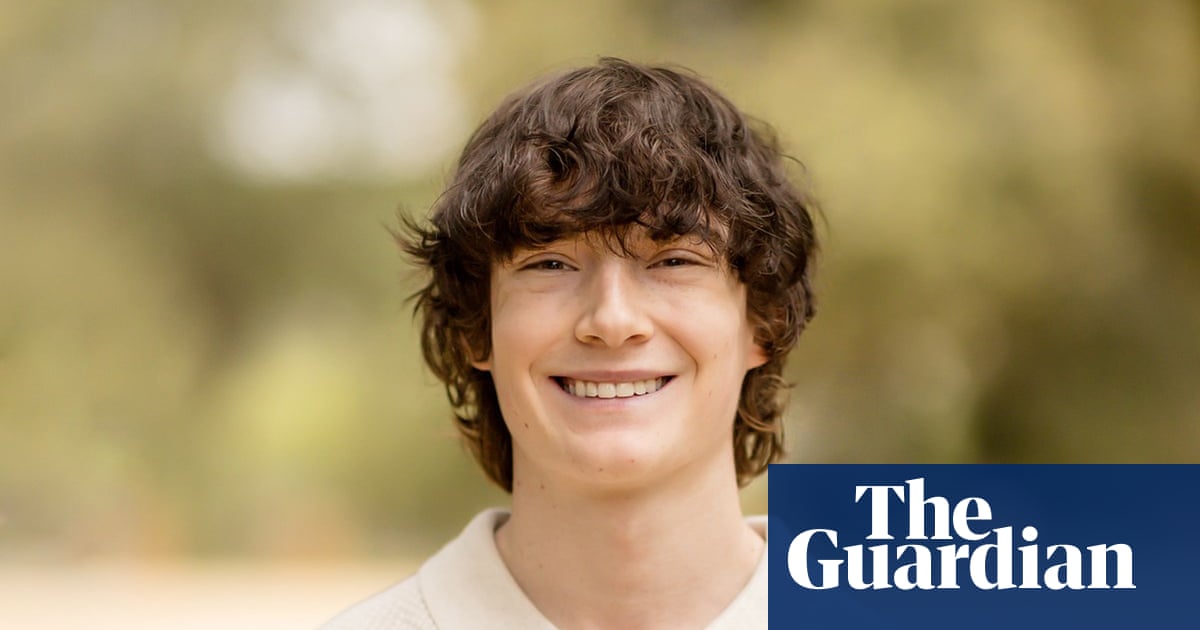The makers of ChatGPT are changing the way it responds to users who show mental and emotional distress after legal action from the family of 16-year-old Adam Raine, who killed himself after months of conversations with the chatbot.
Open AI admitted its systems could “fall short” and said it would install “stronger guardrails around sensitive content and risky behaviors” for users under 18.
The $500bn (£372bn) San Francisco AI company said it would also introduce parental controls to allow parents “options to gain more insight into, and shape, how their teens use ChatGPT”, but has yet to provide details about how these would work.
Adam, from California, killed himself in April after what his family’s lawyer called “months of encouragement from ChatGPT”. The teenager’s family is suing Open AI and its chief executive and co-founder, Sam Altman, alleging that the version of ChatGPT at that time, known as 4o, was “rushed to market … despite clear safety issues”.



I think we all agree on the fact that OpenAI isn’t exactly the most ethical corporation on this planet (to use a gentle euphemism), but you can’t blame a machine for doing something that it doesn’t even understand.
Sure, you can call for the creation of more “guardrails”, but they will always fall short: until LLMs are actually able to understand what they’re talking about, what you’re asking them and the whole context around it, there will always be a way to claim that you are just playing, doing worldbuilding or whatever, just as this kid did.
What I find really unsettling from both this discussion and the one around the whole age verification thing, is that people are calling for techinical solutions to social problems, an approach that always failed miserably; what we should call for is for parents to actually talk to their children and spend some time with them, valuing their emotions and problems (however insignificant they might appear to a grown-up) in order to, you know, at least be able to tell if their kid is contemplating suicide.
These are not the same thing.
Arguably, they are exactly the same thing, i.e. parents that are asking other people (namely, OpenAI in this case and adult sites operators in the other) to do their work of supervising their children because they are at best unable and at worst unwilling to do so themselves.
Isn’t that probably why they differentiated them in the sentence you quoted?